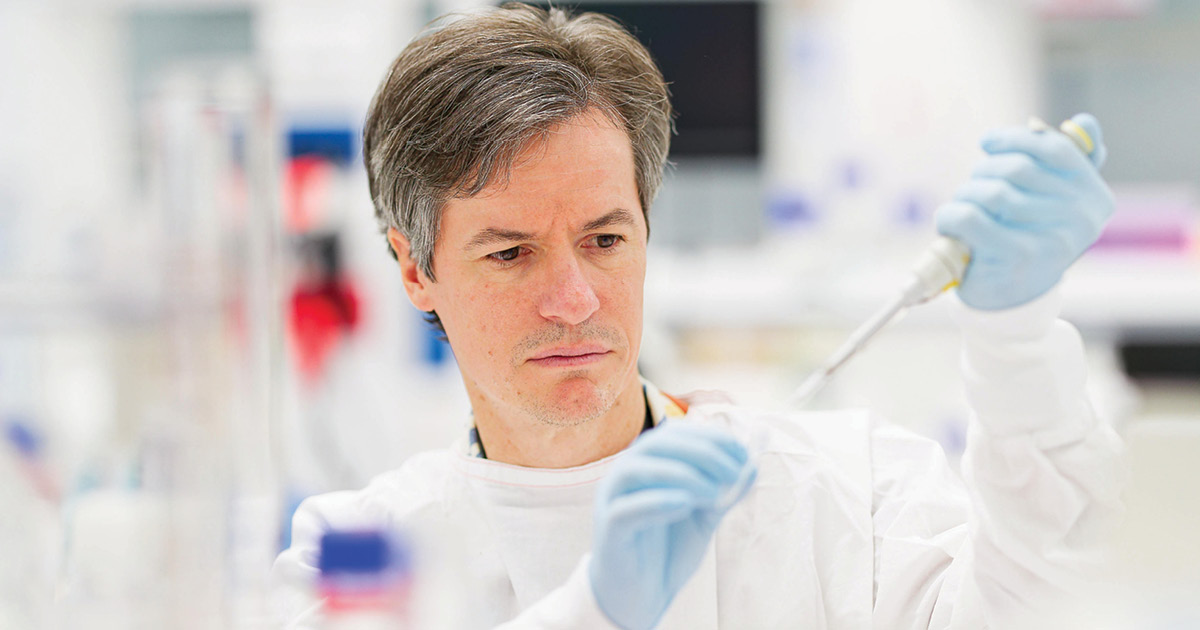The Kids Research Institute Australia is playing a key role within a global team of experts whose work is transforming efforts to tackle a potentially deadly disease that disproportionately affects Aboriginal and Torres Strait Islander children in remote Australia.
Left untreated, repeat episodes of acute rheumatic fever (ARF) – a multiorgan inflammatory disorder that results from the body’s autoimmune response to Group A Streptococcus (Strep A) infections – can progress to rheumatic heart disease (RHD), heart failure, and premature death.
Despite its dangerous nature, ARF is notoriously difficult to diagnose thanks to its similarities to other common childhood illnesses.
Now, a global team of experts including researchers from The Kids have joined forces to pioneer a transformative shift in diagnostics, reshaping how we perceive and diagnose ARF and RHD.
The Acute Rheumatic Fever Diagnosis Collaborative (ARC) Network represents experts in bacterial pathogenesis, immunology, genetics, systems biology, bioinformatics and epidemiology, as well as clinicians working to identify and validate biomarkers for ARF.
Discoveries made by the network – including ongoing work towards a highly sensitive diagnostic test that can provide fast-tracked results – are expected to enhance epidemiological surveillance, inform vaccine safety and trials, and drive innovations in ARF prevention and treatment strategies.
In Western Australia, contributions to the global scientific effort are being led by Dr Timothy Barnett, Professor Samuel Lundin and The Kids Director, Professor Jonathan Carapetis. They are supported by Clinical Professor Asha Bowen and Dr Chris Gorman from The Kids, who are leading the ARF diagnostic core and Biobank respectively, along with several additional members of their teams.
Dr Barnett, head of the Strep A Pathogenesis and Diagnostics team at the Wesfarmers Centre of Vaccines and Infectious Diseases based at The Kids, said the network had become a pivotal tool in leveraging expertise and furthering current biomarker research.
“The ARC Network provides the scientific and clinical expertise, resources and clinical networks that are needed to understand the underlying biology of ARF and enable development of an ARF diagnostic test,” Dr Barnett said.
Through this incredible network of global experts working collaboratively, we are getting closer to creating an ARF diagnostic tool and making the dream of rapid, accurate and sensitive ARF diagnosis a reality.
The ARC Network is made up of members from Cincinnati Children’s Hospital Medical Center, The Federal University of Minas Gerais, State Children’s Hospital, Menzies School of Health, Charles Darwin University, Tidzewe Center, Baylor College of Medicine, Texas Children’s Hospital, The Children’s Hospital and Institute of Child Health Lahore, Children’s National Medical Centre, The Uganda Heart Institute, Biotome Inc, The University of Western Australia, The Kids Research Institute Australia and Perth Children’s Hospital.
Next steps
The ARC Network will build on recent discoveries from several international research groups, including recent discoveries made by Dr Barnett’s and Professor Carapetis’ teams at The Kids, to develop a diagnostic test for ARF.

